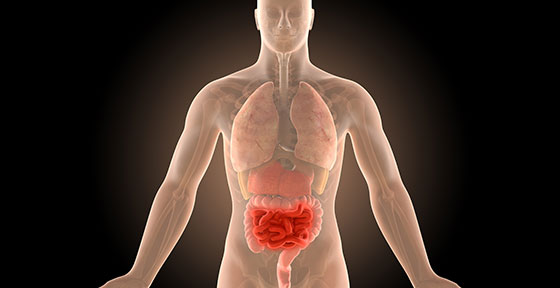
An international team led by the Case Western Reserve University School of Medicine has discovered novel properties of the protein Gasdermin B that promotes repair of cells lining the gastrointestinal tract in people with chronic inflammatory disorders like Crohn’s disease and ulcerative colitis.
The new findings, recently published in the journal, Cell, are significant because the impact of Gasdermin B (GSDMB) on healing epithelium — a type of body tissue that lines the organs that have direct contact with the external environment — will play a key role in research on wound formation and designing novel therapeutics to enhance wound repair, said Theresa Pizarro, lead study author and the Louis Pillemer Professor of Experimental Pathology at the School of Medicine...
Read More








Recent Comments